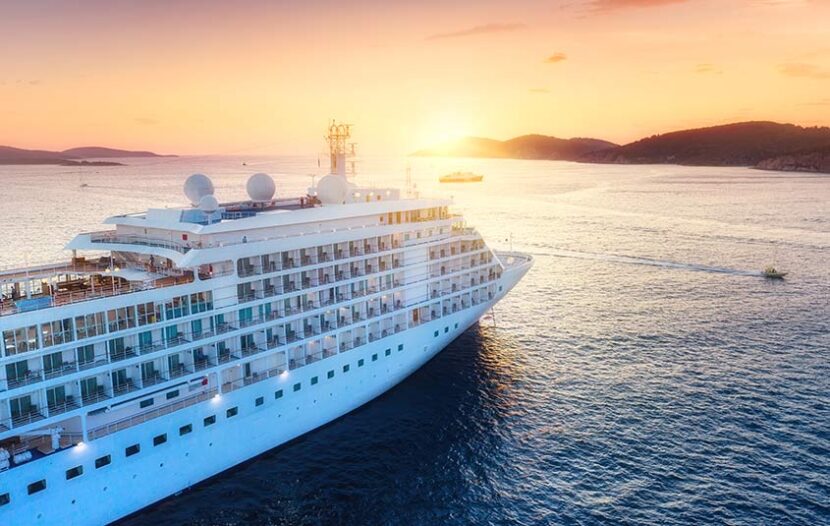MIAMI — The Cruise Lines International Association (CLIA) has launched a legal challenge against Hawaii’s decision to apply a tax to cruise passengers.
As reported in Seatrade Cruise News, the lawsuit, filed in the US District Court for the District of Hawaii, questions the legality of extending the Transient Accommodations Tax (TAT) to cruising.
The state initially applied the tax to shore-based transient accommodations in January. In May, lawmakers approved an increase from 10.25% to 11% and voted to extend the levy to cruise passengers, beginning January 2026.
Norwegian Cruise Line Holdings previously flagged concerns, stating the additional cost “not only hikes costs for passengers but presents challenges for us as cruise operators.” The company noted that Pride of America sailings already generate around US$200 per passenger in port fees and taxes, a figure that would rise to about $350 per person under the TAT. For a family of four, that would total approximately $1,400.
CLIA said the measure places an unfair burden on travellers while potentially breaching U.S. law. “We believe the extension violates both the U.S. Constitution and federal law, while imposing an additional financial burden on passengers already subject to substantial fees and taxes,” the association stated. “Such a policy risks undermining a critical sector of Hawaii’s economy without justification. That’s why we are pursuing all appropriate means to make sure that doesn’t happen, including filing suit yesterday in the United States District Court for the District of Hawaii.”
According to CLIA, the cruise sector plays an important role in the state’s tourism economy. “The economic significance of cruise tourism to Hawaii is undeniable. Small businesses reap significant benefits from cruise tourism and cruise line shoreside activities, which generated $639 million in total economic impact, including $116 million in tax revenues and supported 3,000 local jobs and $215 million in wages in 2023, according to an analysis by Tourism Economics / Oxford Economics.
“Extending the TAT to cruise passengers threatens to deter visitors whose spending fuels this economic engine, risking job losses and eroding the financial stability of businesses dependent on tourism.”
The association urged policymakers to reconsider, arguing that extending the tax “could disproportionately harm the very communities that rely on cruise tourism’s contributions.”
The tax fight comes as Hawaii also considers capping cruise visits to address environmental concerns. Current proposals include a 50% reduction in cruise calls by 2030 and a 75% reduction by 2035, with stricter limits on vessels carrying more than 3,000 passengers.


